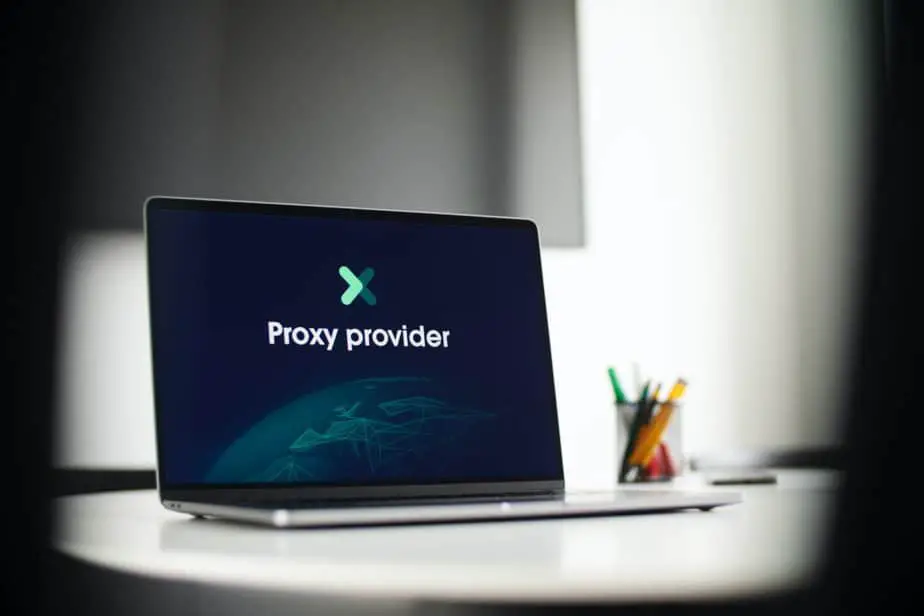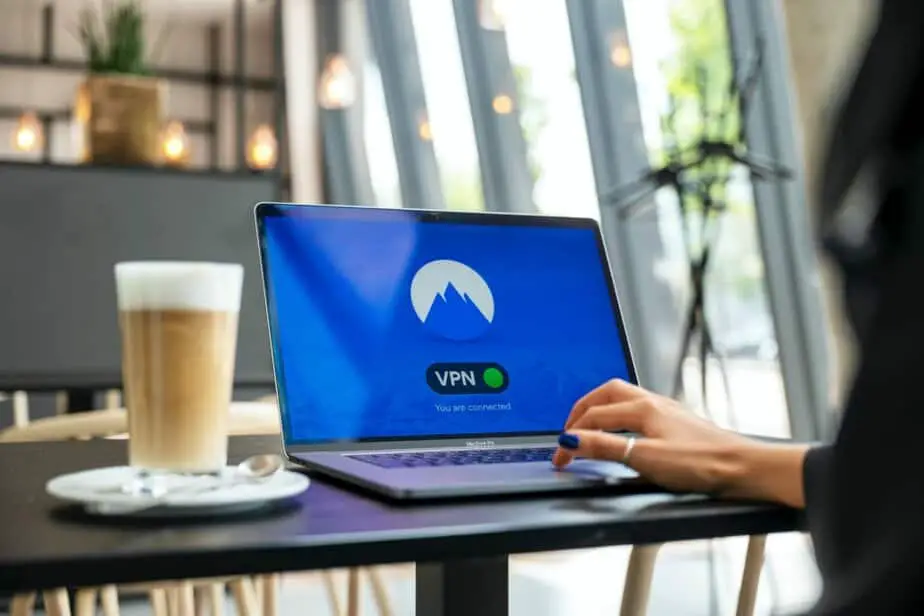What Should We Use: VPNs or Proxies?
Well, it depends on your situation. To understand which of these programs would be more beneficial for us, we have to decide what we want in terms of protection. Unfortunately, you cannot use them both at the same time for the reasons that we will be talking about. So, you have to choose one over the other. Let’s go!
What is a VPN?
We use VPNs when we want to access the internet through a different ISP routing and encrypt the information about our network traffic, the websites we go to, and things we do there, by establishing a secure tunnel with a VPN server. By using a different local ISP routing by having a VPN at the ready, you can join publicly used or unsecured WIFI connections with more protection against data theft or other similar network and security-related issues. While a VPN changes your IP, a proxy will do a better job of that.
What is a Proxy?
A proxy is a similar tool to a VPN but instead of connecting you to a completely different local ISP, they have servers that provide IP masking and misdirection. This can help you access content that might be blocked by your geographic location. While other VPNs have this function also, because of the tightness of censorship that countries and websites use, most VPNs servers will be blocked and a proxy might be the only way to watch your favorite TV show from a streaming service when that show is only available in that streaming service’s UK servers, for example. If you don’t live in the United Kingdom, you can still access that show through the usage of a VPN.
Are VPNs or Proxies Illegal?
They shouldn’t be and in most of the world, they are not illegal at all. However, as of the date that this article is written, more than 10 countries have completely made VPNs illegal. Same for proxies, some countries like China and North Korea have completely banned the usage of proxies in addition to VPNs.
Now, as a VPN user from a country that has completely banned the usage of VPNs, it was as easy as downloading one from the Chrome Web Store as an extension that took around a minute. Now, it will not endorse crime, but it will be endorsing censorship and data theft either and for this reason, it is advisable for you to think about and do what you must to protect your personal liberties and freedom. Everyone deserves to traverse the web anonymously and only should be persecuted if what they are doing on the web is illegal in a court of law. But this is not a law article, is it?
Conclusion
Should you use a VPN or a proxy? The thing is it changes from person to person and situation to situation. Our advice is to have both of them in your toolbelt and use one or the other depending on your situation. If you are going to have a connection to an unsecured or public WIFI, use a VPN. If you want to effectively mask your IP address and access geographically locked positions on the internet, use a proxy.
Nothing much can be said about this subject as one is not better than the other and all of them have their own, various usages that can be strengths or weaknesses depending on the context of how, when, and where you are using them.
What are the countries that made VPNs illegal?
There are a lot of grey areas when it comes to VPNs, so here is a list of countries with a total ban on VPNs: Russia, Belarus, North Korea, Turkmenistan, Iraq, Turkey, and Oman. Additionally, there are a lot of other countries with tight regulations and partial bans on regulations. So, to find out about your own country and its stance on VPNs, you have to do the research yourself.
Do we have to pay for VPNs or proxies?
You don’t have to. There are a lot of companies that provide free VPNs and proxies, but their intentions are dubious at best. One of the most well-known is the VPN integrated into Opera, which is completely free and seemingly, although astonishingly slow. If you want a VPN or a Proxy with a fast connection for safety, you might have to pay for well-known VPN services. Their prices are not bad and for your own personal safety, no price is too high.

